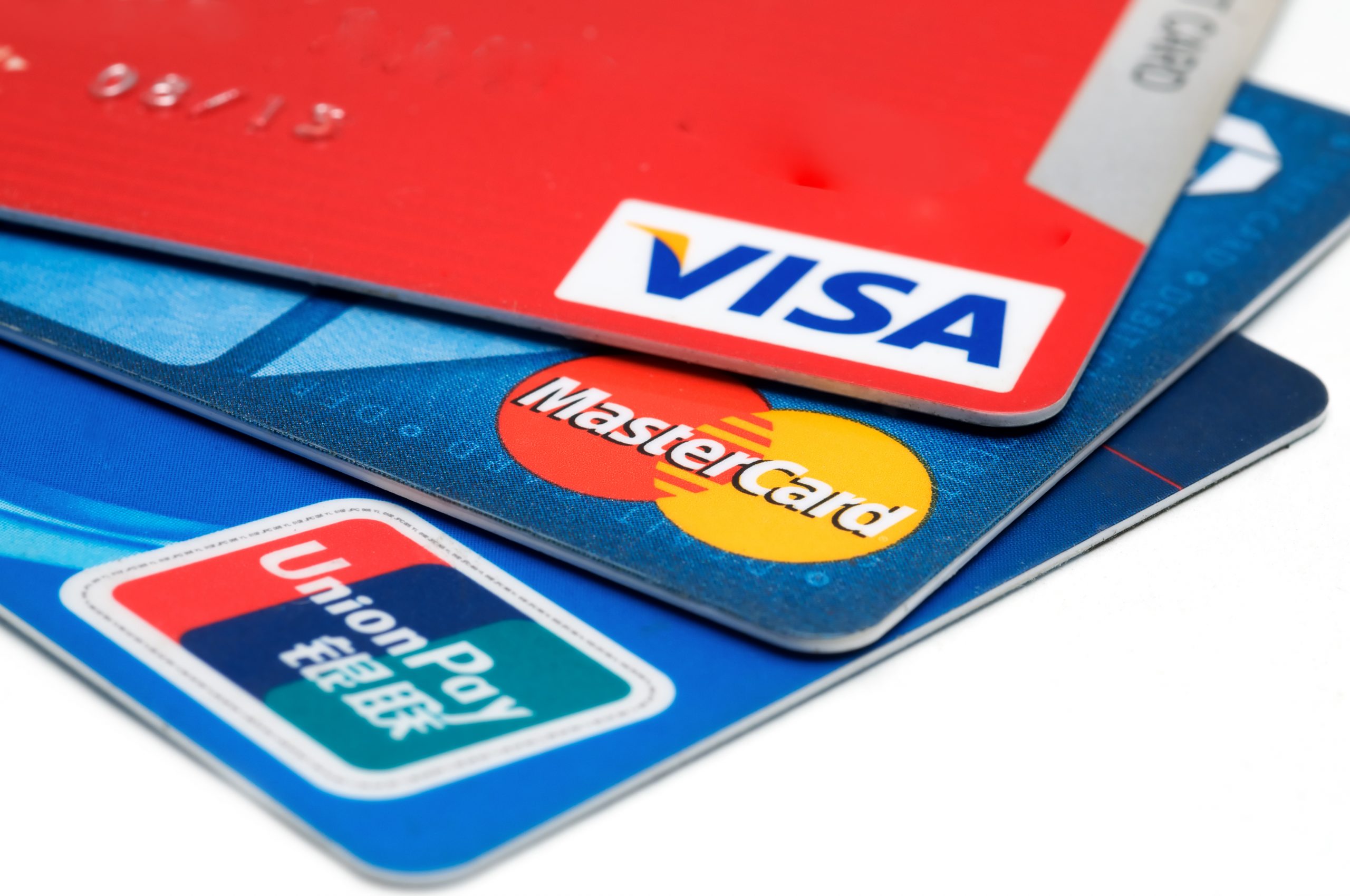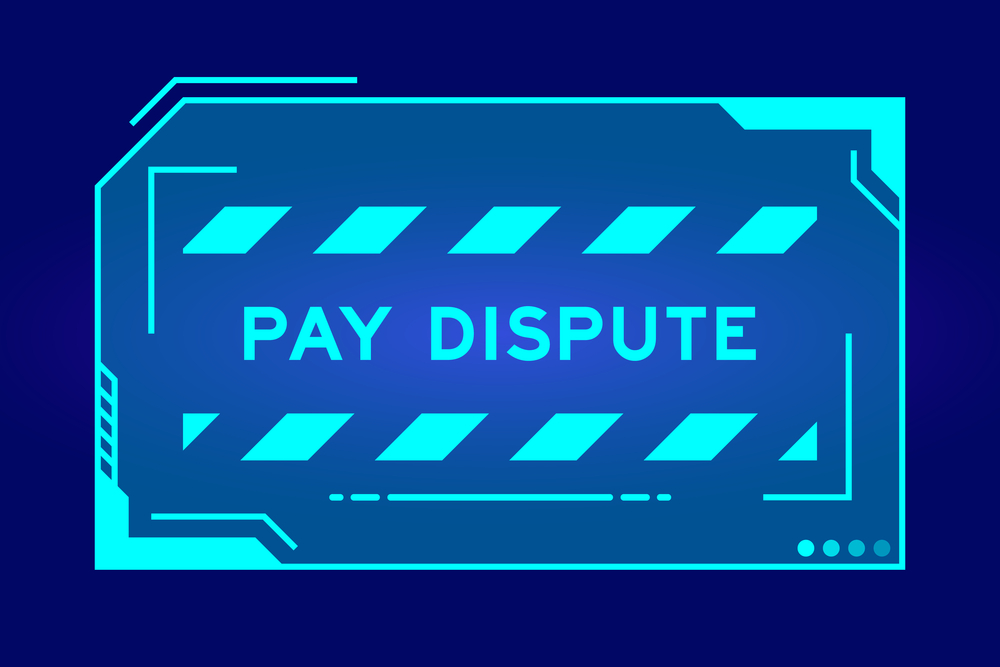
FAQ Fridays: Your Merchant Category Code Can Increase Your Sales
Oct 30, 2020 6 minute read
Do Your Merchant Account Fees Or Decline Rates Seem Too High? Time To Check The Merchant Category Code...
A regular query I get from prospects and new clients, like this one from Paul K., who runs a supplement shop that’s been scaling considerably in the last few months:
“Maria, I’ve signed up with a new payment processor – and they asked me what Merchant Category Code (MCC) my business is. What’s this all about, is it important?”
Short answer: Yes!
The Merchant Category Code – I’ll refer to it by the acronym MCC for the rest of this explanation – is important for your business.
You need to make sure you are in the right MCC classification to keep your costs and decline rates down.
Here’s some more detail:
Most recently, the question about MCC came from Paul K., a merchant selling supplements on a subscription model –
His products included a range of nutraceuticals, a protein powder, and also some e-books on fitness and health topics as upsells.
Paul never even knew the MCC existed until they switched accounts and the new payment processor asked them about it.
What he noticed – 20% of his transactions declining on the front-end.
And Here’s What I Told Paul:
“Dear Paul,
The merchant category code that your payment processor assigns to your business has several impacts on your transaction fees and approval rates.
If you’re a nutraceutical merchant selling supplements on a monthly subscription, you may be categorized differently depending on the processor you work with –
- One processor may decide to place you in the MCC 5968 for Direct Response businesses offering a subscription model.
- Another processor might make the case that you are in MCC 5499 because you sell supplements, protein powders and other food type items.
- If you sell a lot of e-books or info products, MCC 5999 (miscellaneous retail) might apply…
- And for digital media sellers – MCC 5815 could be the best option.
Important things to note:
- Your merchant account fees will vary depending on MCC
- Your approval rate can also vary – that’s because your customers’ bank may have restrictions placed on certain MCCs
- Credit card rewards, debit cards and prepaid cards all carry a different cost mainly because of the benefits offered to the consumer
- American Express typically charges the most as they offer a lot of benefits to their members
If you have more questions and want my input on the best MCC selection for your business – let’s schedule a call to discuss it further.
Maria Sparagis”
Of course, I was trying to keep things simple so the email didn’t confuse Paul and his team too much…
As always with payments, there are several more layers of detail and complexity.
Let me explain…
Your Merchant Account Fees, & Discount Rates
First – a definition:
Interchange is the fee that the card networks like Visa and Mastercard charge for processing a transaction.
Some payment processors charge an interchange plus fee (also called a cost plus fee) for your merchant account.
The cost of interchange varies depending on your MCC and the card type your customers are using.
For example:
For a debit card transaction, selling a supplement subscription using MCC 5968 (direct response merchants) will have a much lower fee than MCC 5499 (supplements, protein powders and other food type items) for that same debit card.
Interchange fees are ALSO what allow Visa, Mastercard, Discover and American Express to offer high credit card rewards.
The credit card companies fund the rewards to their customers from the fees a merchant pays for processing that credit card.
Some payment processors charge a flat fee – for example, payment providers such as PayPal or Stripe have flat fee pricing with an additional fee for foreign or corporate cards. This means interchange fees are not important for merchants on these platforms.
Other payment processors charge a 3 tiered discount rate – this means they categorize the cards your customers pay with into 3 ‘buckets’, and charge a specific price depending on which ‘bucket’ the customer’s card is in. Again, in this case, interchange fees are less important for your business.
Overall, selecting interchange-plus/cost-plus pricing is the best option because you will know how much you are paying per card and what the markup is for your processor.
Typically, interchange-plus/cost-plus saves you money on your merchant account fees.
Most merchants prefer the lower fees for interchange-plus/cost-plus, but some merchants need the certainty of a flat fee so they can easily reconcile and forecast merchant account fees at the end of the month – and they are prepared to pay what are usually higher fees for a ‘sure thing’.
(The choice is similar to a variable rate vs a fixed rate mortgage loan. Variable almost always comes back as the lower cost option – but some people prefer the certainty of a fixed rate so they can make a repayment plan without worrying about interest rates)
So Why Not Just Choose The MCC With The Lowest Interchange Fees?
It’s not that simple.
Your merchant services provider cannot just assign you any merchant category code you choose…
They have their own compliance procedures, and your MCC needs to make logical sense depending on the type of product or service you’re selling.
That being said – your business may fit into several MCCs.
At first glance, the obvious choice seems to be – choose the Merchant Category Code(MCC) with the lowest interchange cost!
Not so fast…
If you’re in a high-risk industry, you may be better served by a MCC that is not considered high-risk – even if the fees are higher.
Some Direct Marketing merchants accept higher interchange rates to get a MCC that is lower-risk to try and get better approval rates.
There’s also the credit card companies procedures – Visa and Mastercard come up with different operating rules for specific MCCs – and your payment processor must comply with them.
The many and varied rules and policies between credit card companies and different payment processors can impact your business in unexpected ways…
And if your business model changes, you may need to change your MCC, and also change the way you charge your customers.
For example, Visa added new rules to MCC 5968 for free trial or discounted subscription merchants in April 2020 (implementation delayed due to COVID-19).
These new rules govern merchants’ abilities to charge a subscription fee without the customer’s explicit consent [LINK – Details Here]
Working with a specialist payment processing consultant can save your company a lot of time, money and headaches.
Contact the DirectPayNet team to review the merchant fees you’re paying – and find out if you can get a more cost-effective credit card processing system for your e-commerce business.
We specialize in helping high-risk businesses overcome the obstacles of higher than required merchant fees.
Your Transaction Approval Ratios May Be Higher With A Different MCC
Some issuing banks have limitations or “scrubbing” set up for merchants of a particular MCC.
The reason for this is because some merchant category codes generate more chargebacks and fraud than others.
So for example, your customers’ bank may have a limit on the amount a transaction can be if it comes from a MCC 5968 merchant.
So there are some ‘tricks of the trade’ to help reduce these problems:
Testing different price points with the different merchant accounts is very important to understand how you can maximize your conversions. Many direct marketing merchants increase checkout conversion rates substantially by lowering their AOV to under $100.
Another option is to operate 2 payment gateways, with each account registered under a different MCC – so you can capture any declines that come back as an issuing bank decline, and then try run them through the second gateway with a different MCC.
Many issuer bank declines are masked MCC code declines, simply because the customer’s bank doesn’t want to take the risk.
For example, an MCC 5967 purchase means the customer is buying adult entertainment. That doesn’t fit the risk profile for many financial institutions.
Some payment gateways and SaaS companies offer merchants an option to ‘cascade’ front-end transactions to different merchant accounts to try to capture the sale.
This ‘cascade’ feature checks multiple merchant accounts in real time to see which one will process the transaction – and is totally invisible to the buyer/customer – adding significant sales dollars to your front-end funnel.
Couple that feature with multiple merchant accounts in different MCCs and you can significantly reduce decline rates.
One word of warning though – select a PCI compliant payment gateway or software to reduce the risk of data breaches when passing customer data from one merchant account to another.
Contact DirectPayNet to learn about payment gateway options that offer conversion boosting features for your funnel and subscriptions.
Your MCC Can Affect Your Chargeback Ratio
Your customer’s credit card statement will tell your customer what kind of purchase was made by providing a brief description, such as ‘SUBSCRIPTION PRODUCT’.
American Express makes it very obvious on the statement –
If a customer sees ‘SUBSCRIPTION PRODUCT’ and is running low on funds, they may choose to cancel or even send you a chargeback.
VISA and Mastercard also have different rules for how a customer can chargeback a transaction –
Some merchant category codes allow issuing banks to chargeback a transaction more easily than others – a grocery store purchase will be a lot harder to chargeback than a nutraceutical product on a monthly subscription.
Credit card companies’ rules are there to protect customers against what they decide are “shadier” businesses or products.
Drug stores, government services and other mainstream retailers like clothing stores typically benefit from lower interchange fees as well as lower potential chargeback ratios due to their MCC.
Paying attention to the MCC you’re assigned when you start working with a new merchant services provider is very important – it can impact your merchant fees as well as your transaction approval rate.
To understand more about merchant category codes and how they impact your conversions, talk to the experts at DirectPayNet.
We can guide you in selecting a MCC, and walk you through ways to improve your conversion ratio and lower your merchant fees. Contact DirectPayNet today.





2 thoughts on “FAQ Fridays: Your Merchant Category Code Can Increase Your Sales”